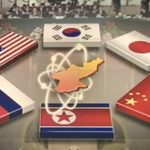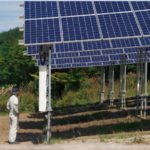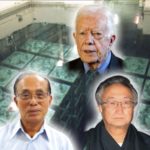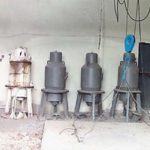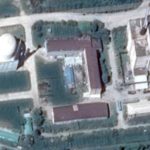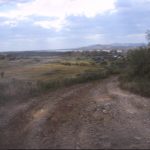
Toshiari Saegusa July 7, 2017 I. INTRODUCTION In this essay, Toshiari Saegusa reviews the evolution of nuclear spent fuel (SF) storage technology and in particular, the safety, economic, and security issues associated with use of dry cask storage for nuclear spent fuel. He concludes: “From technical and economic points of view, SF needs to be […]


